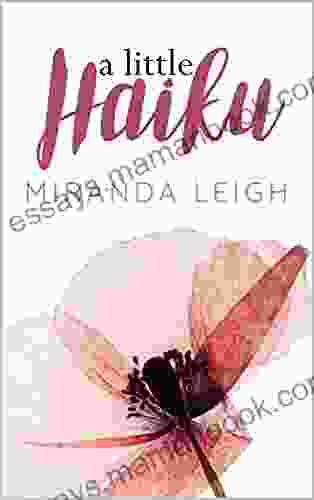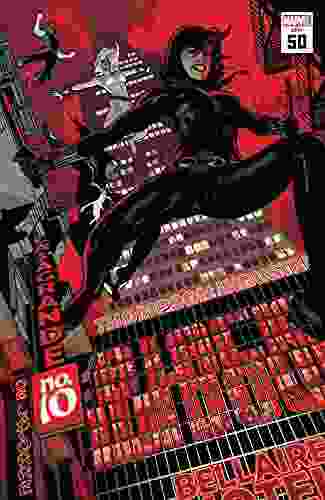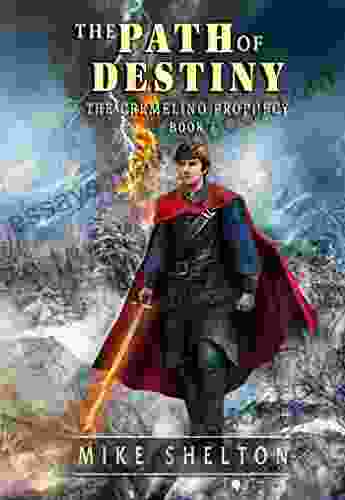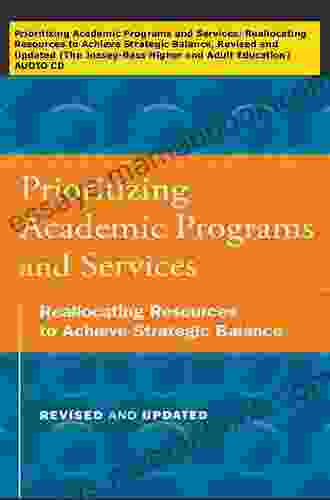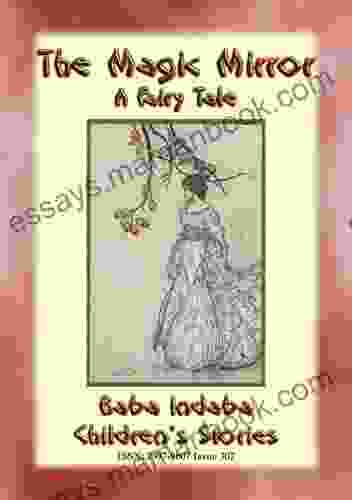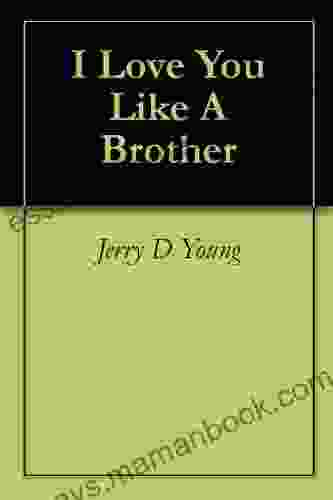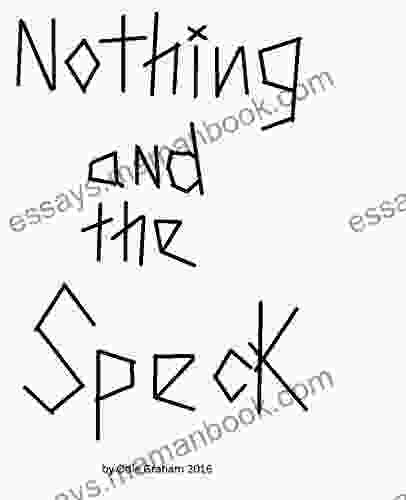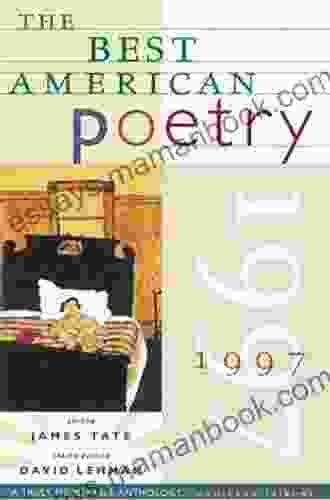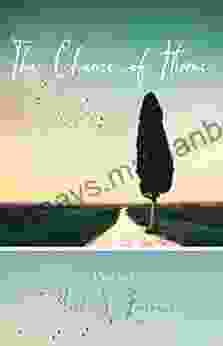In the realm of contemporary art, few figures have captured the enigmatic allure of Miranda Leigh, better known by her pseudonym, Little Haiku. Operating under a veil of anonymity, Leigh has crafted a captivating artistic journey that transcends the boundaries of conventional expression, inviting viewers into a surreal and introspective world.
Early Life and Influences
Born in the enigmatic realm of St. Ives, Cornwall, Miranda Leigh's formative years were steeped in the vibrant artistic landscape that has long characterized the region. The influence of her surroundings is evident in her work, which often echoes the ethereal beauty and otherworldly quality of the Cornish coastline.
Leigh's artistic education began at the prestigious Falmouth School of Art, where she honed her technical skills and developed a deep appreciation for the traditions of painting. However, it was her encounter with the groundbreaking movements of surrealism and abstract expressionism that would ultimately shape her unique artistic vision.
Artistic Style and Techniques
Little Haiku's artistic style is a captivating blend of surrealism and abstract expressionism. Her works often juxtapose dreamlike imagery with bold, gestural brushstrokes, creating a sense of tension and emotional resonance. Leigh's palette is typically muted and ethereal, with soft hues and subtle gradations that evoke a sense of mystery and contemplation.
One of the defining characteristics of Little Haiku's work is her use of symbolism. She incorporates objects, colors, and textures that hold personal and universal meanings, inviting viewers to engage in a deeper exploration of their own subconscious. Her paintings often feature recurring motifs such as birds, flowers, and water, which she uses as conduits for expressing emotions and ideas that defy literal explanation.
Themes and Inspirations
Miranda Leigh draws inspiration from a wide range of sources, including nature, music, literature, and personal experiences. Her paintings often explore themes of identity, memory, and the human condition. She delves into the depths of the subconscious, capturing the fleeting moments of introspection and the complexities of human relationships.
Leigh's work also reflects her deep connection to the natural world. She finds solace and inspiration in the beauty and fragility of the Cornish landscape, which she interprets through her own unique artistic lens. Her paintings often evoke a sense of longing and nostalgia, as if longing for a lost paradise or contemplating the cyclical nature of life.
Enigma and Anonymity
One of the most intriguing aspects of Miranda Leigh's artistic journey is her choice to operate under the pseudonym Little Haiku. She has chosen to maintain her anonymity, allowing her work to speak for itself without the distractions of personal identity or public scrutiny.
This decision has added an air of mystery to her work, inviting speculation and encouraging viewers to focus on the intrinsic qualities of her paintings. Little Haiku's anonymity has also allowed her to distance herself from the commercial art market, maintaining the integrity and authenticity of her artistic expression.
Recognition and Legacy
Despite her enigmatic nature, Little Haiku's work has gained significant recognition in the art world. Her paintings have been exhibited in prestigious galleries and museums both in the UK and internationally, including the Tate Modern and the Victoria and Albert Museum.
Little Haiku's contributions to contemporary art have been widely acknowledged by critics and collectors alike. Her work has been praised for its originality, emotional depth, and unique ability to transcend the boundaries of traditional artistic conventions. As her legacy continues to grow, she has become a source of inspiration for aspiring artists and a thought-provoking figure in the contemporary art scene.
Miranda Leigh, known as Little Haiku, remains an enigmatic and captivating figure in the art world. Through her unique artistic style, profound symbolism, and deeply personal themes, she invites viewers on an introspective and emotionally resonant journey. Her work transcends the boundaries of conventional expression and encourages us to explore the depths of our own subconscious and the complexities of the human condition.
As she continues to create and evolve, Little Haiku promises to captivate audiences for years to come. Her artistic odyssey is a testament to the power of anonymity, the transformative nature of art, and the enduring human desire to express the ineffable through creativity.

Untitled by Little Haiku ( https://www.tate.org.uk/art/artworks/leigh-untitled-t12676)
- Art critic, The Guardian



